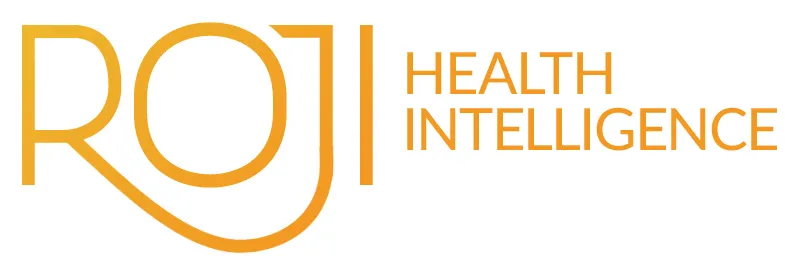It’s been a momentous year in health care, with significant changes on the way for 2017. “Patient Empowerment” and cost shifting to the consumer are gaining political currency in Washington. MACRA is looming on the horizon, with the coming year being the first under the Final Rule for measuring performance. Health care organizations have […]
- « Go to Previous Page
- Page 1
- Interim pages omitted …
- Page 15
- Page 16
- Page 17

